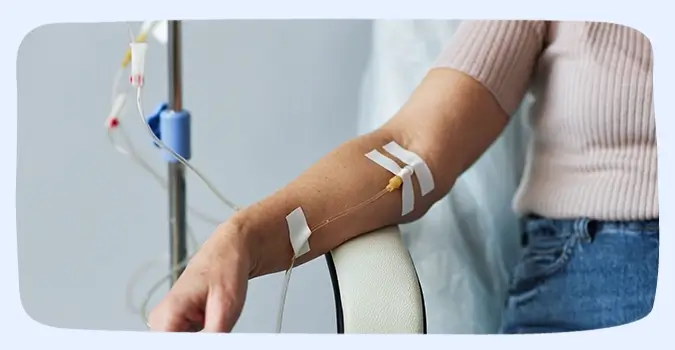Over the years, researchers have been looking for ways to confidently identify MS as early as possible. Early diagnosis and treatment has been shown to lead to better outcomes for people with MS, such as slower progression and less severe disability.

Over the years, researchers have been looking for ways to confidently identify MS as early as possible. Early diagnosis and treatment has been shown to lead to better outcomes for people with MS, such as slower progression and less severe disability.

While there’s no cure for MS, treatments can manage symptoms, slow disease progression, and reduce relapses. Specific remedies are available to handle the symptoms and deal with the disability in an individual. The therapy is focused on slowing down the disease progression, raising the remittance period (no neurological episodes), and which makes the symptoms manageable.
Treatments include disease-modifying therapies (DMTs) to slow disease progression, corticosteroids for short-term symptom relief, and symptomatic treatments to manage specific issues like spasticity, fatigue, and bladder problems. Additionally, lifestyle modifications such as diet, exercise, and stress management can also help improve quality of life.

In India, the primary approach to managing MS involves DMTs, which come in various forms, including injectable medications, oral pills, and infusion-based treatments. These therapies aim to reduce the frequency of relapses and slow down the progression of the disease, thereby improving the quality of life for individuals with MS.

Besides, there are high-efficacy infusion therapies available in the country, which can significantly reduce disease activity and slow progression. These are powerful medications administered through IV infusion to treat MS, and can significantly reduce disease activity, slow progression, and prevent relapses. Despite their efficacy, these are highly underutilized in India- with only around 10% of MS patients accessing them due to limited access and awareness.

To summarise it, a multidisciplinary management approach is needed to effectively combat MS; integrating physiotherapy, counselling, and nutrition is becoming more widespread in facilitating long-term management of the condition while aiming to preserve the patient’s quality of life.
The age of “one-size-fits-all” treatment is over. With new technologies such as genetic testing and molecular profiling, MS treatment is increasingly adopting precision medicine. The future lies in precision medicine—combining clinical data, imaging, and molecular profiling to optimise outcomes while minimising side effects.
© 2025 F. Hoffmann-La Roche Ltd. All trademarks used or mentioned on this Website are protected by law.
The information on this Website is for awareness purposes only and should not be used to diagnose, treat, cure or prevent any disease without the advice of a qualified medical professional, and does not replace medical advice. Any and all opinions, statements, testimonials on this Website are those of the individual and not of Roche. This website is neither intended nor disguised for sale, marketing, promotion of any of Roche’s products. This website is neither intended nor designed to record or report adverse event information regarding any Roche product. If you have a suspected side effect or problem to report regarding one of our products, visit us at https://www.rocheindia.com/contact OR please call the Roche India Safety Unit on +91-98201 63752 or E-mail us at india.drugsafety@roche.com